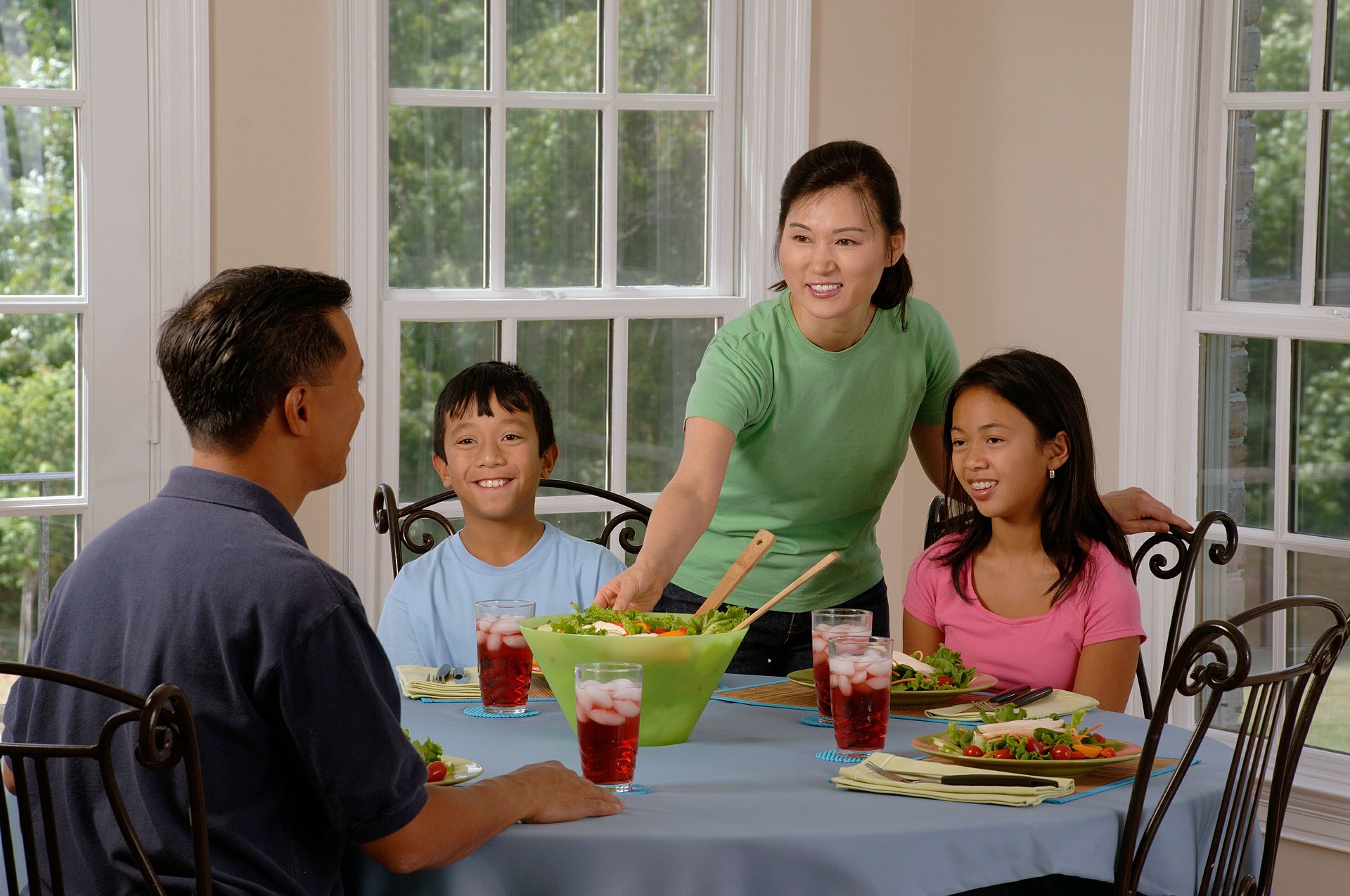Parenting comes with its fair share of challenges, and dealing with grumpy kids is a common aspect of navigating the intricate journey of raising children. Grumpiness can be triggered by various factors, from tiredness to frustration, and as parents, understanding how to handle these moods effectively is essential. Here are some practical tips for navigating grumpy moments with grace and empathy.
- Stay Calm: Staying calm is crucial when faced with a grumpy child. Children often look to their parents for emotional cues. Maintaining a sense of calmness creates a stable environment that helps your child feel secure.
- Validate Their Feelings: Let your child know that feeling grumpy is okay. Validate their emotions by saying, “I can see you’re feeling upset right now.” Acknowledging their feelings helps them understand that it’s normal to experience a range of emotions.
- Offer Comfort: Provide physical comfort through hugs or gentle touches. Physical contact can have a soothing effect, helping to ease tension and create a sense of security for the child.
- Identify Triggers: Pay attention to potential triggers for your child’s grumpiness. Is it fatigue, hunger, or frustration with a particular task? Understanding the root cause enables you to address the issue more effectively.
- Create a Quiet Space: Sometimes, children need a break from stimuli. Create a quiet space where your child can retreat and calm down. This could be a designated corner with soft cushions or a cozy blanket.
- Offer Choices: Empower your child by offering choices. Providing options helps them feel a sense of control, which can be particularly beneficial during grumpy moments. For example, “Would you like to read a book or play with your toys?”
- Engage in Play: Play can be a powerful tool for shifting a child’s mood. Engage in activities your child enjoys, whether building with blocks, drawing, or playing a favorite game. Play provides an outlet for expression and can lift spirits.
- Set Realistic Expectations: Recognize that children, like adults, have ups and downs. Set realistic expectations for behavior, and understand that occasional grumpiness is a regular part of growing up.
- Encourage Communication: Create an open line of communication where your child feels comfortable expressing their feelings. Please encourage them to talk about what’s bothering them and listen attentively without judgment.
- Lead by Example: Demonstrate positive behavior and effective coping mechanisms. Children often emulate their parents’ actions, so modeling healthy ways to manage emotions can have a lasting impact.
Dealing with grumpy kids requires patience, understanding, and a proactive approach. Parents can create a supportive environment that helps children navigate their grumpy moments by staying calm, validating their feelings, and offering comfort. Remember that these moments are temporary, and with love and empathy, parents and kids can emerge stronger from the experience.



